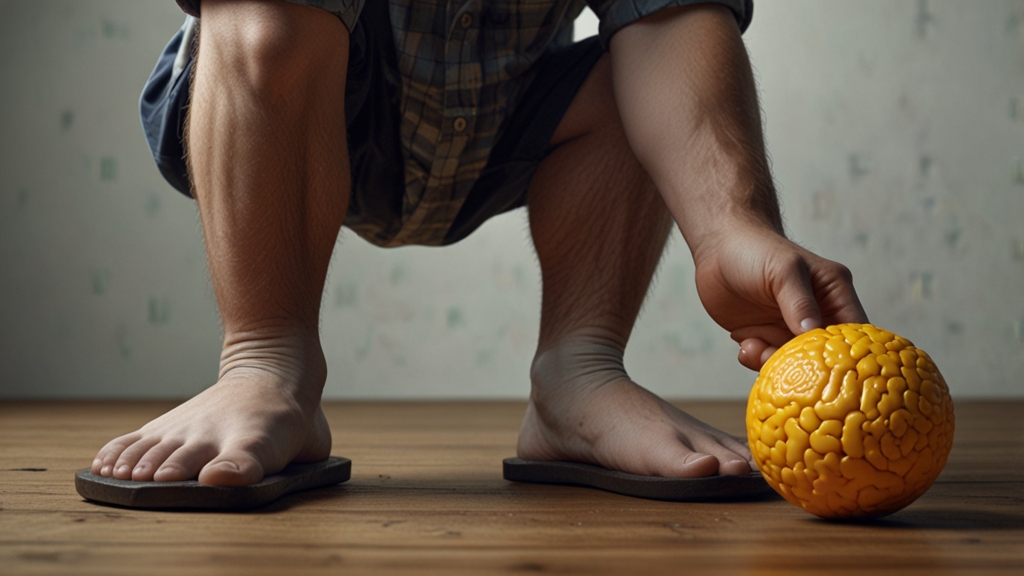Riddle of the Day: Keep Your Brain on Its Toes
Riddles have fascinated humans for centuries. These enigmatic questions or statements often challenge our intelligence, creativity, and lateral thinking abilities. In recent years, "Riddle of the Day" has become a popular mental exercise for people of all ages. This practice promises not just entertainment but also a plethora of cognitive benefits. Let's delve into why solving a daily riddle can keep your brain on its toes.
The Art of Riddles
Riddles are deliberately constructed to confound us; they employ wordplay, hidden meanings, and logical twists. The ancient Greek sphinx, known for its riddles, demanded intellectual acumen from those who dared to confront it. Similarly, modern-day riddles press us to think outside the box and activate different areas of our brains.
"It’s the possibility of having a dream come true that makes life interesting." - Paulo Coelho
In a way, solving riddles is like cracking a dream or mystery wide open. It demands patience, persistence, and problem-solving skills, all of which are essential in making life interesting and mentally stimulating.
Cognitive Benefits
The human brain functions much like muscle tissue; it needs exercise to remain strong and agile. Here's how riddles contribute to your cognitive health:
- Memory Enhancement: Riddles often require you to recall and connect different pieces of information, thereby improving your memory.
- Problem-Solving Skills: Each riddle is a puzzle waiting to be solved, which can sharpen your problem-solving abilities.
- Critical Thinking: The twists and turns in riddles help develop your critical thinking and analytical skills.
- Increased Vocabulary: Riddles often introduce new words and phrases, enriching your language skills.
- Stress Reduction: Completing a challenging riddle can offer a sense of accomplishment and satisfaction, which can alleviate stress and improve mood.
"The more that you read, the more things you will know. The more that you learn, the more places you'll go." - Dr. Seuss
Dr. Seuss may as well have been talking about riddles. The more you challenge your brain, the more adept it becomes at learning and processing. These activities can make you more versatile and proficient in various aspects of life.
How to Integrate Riddles into Your Daily Routine
Integrating riddles into your daily routine is easier than you might think. Here are a few suggestions:
- Morning Kickstart: Solve a riddle first thing in the morning to jolt your brain awake.
- Break Time: Use riddles as a refreshing break during work or study sessions.
- Family Fun: Make it a family activity. Solving riddles together can strengthen bonds and create engaging conversations.
- Digital Apps: Numerous apps and websites offer daily riddles, making it convenient to get your brain exercise on the go.
Conclusion
Riddles are more than just a source of amusement. They are a valuable tool for keeping your mind sharp, agile, and healthy. Whether young or old, integrating a "Riddle of the Day" into your routine can provide numerous cognitive benefits and enrich your life in unexpected ways. So why not challenge yourself today? Your brain will thank you for it!








